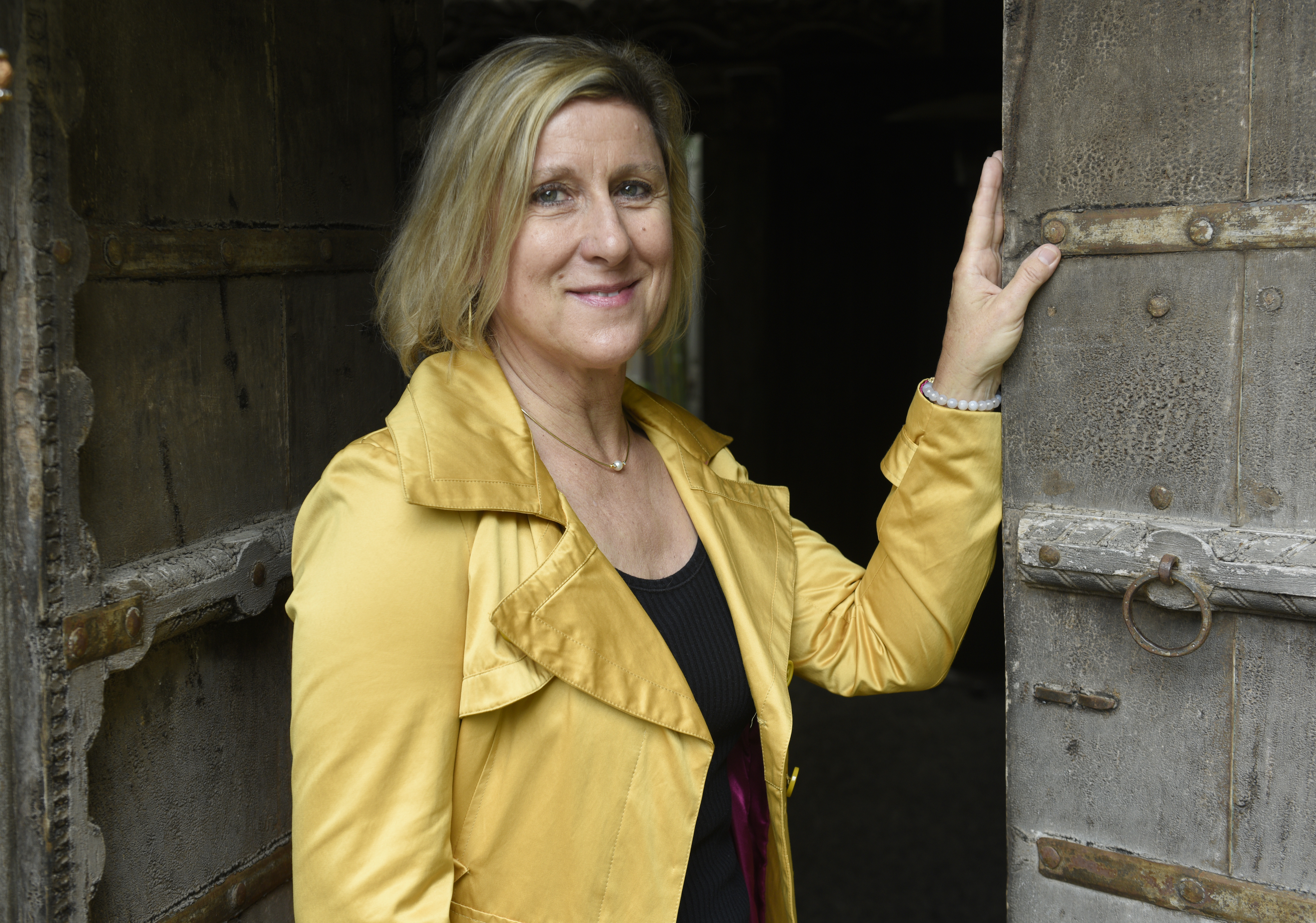Mindful Eating Institute Makes Peace with Food
Petra Beumer Teaches Clients How to Drop the Diet and Get Introspective

For two decades, Petra Beumer has been coaching and counseling people on “mindful eating,” the principle that in order for people to have a healthy relationship with food, they first need to learn how to regulate their emotions. She teaches her clients how to do this through “re-mothering” themselves, changing their internal dialogue so that they listen and speak to themselves as if they were communicating with a child. Beumer is the founder and owner of the Mindful Eating Institute and has presented on the relationship between stress and food for the American Heart Association. She’s also a regular at guest speaker at Santa Barbara Cottage Hospital.
How did you get into your line of work? I grew up in a working-class family in the town of Duisburg, Germany. Many of my family members were addicted to alcohol and cigarettes, so as a child I had poor role models regarding one’s relationship with their body. I graduated with a master’s degree in psychology from the University of Hamburg and worked as a psychotherapist for many years before I immigrated in 1994 to Santa Barbara, where I began working at local clinics.
Why did you decide to focus on mindful eating? While teaching weight-loss classes, I noticed some clients ate food when they were not physically hungry as a way to manage stress. Even after completing the program, these emotional eaters, or “yo-yo” dieters, struggled to maintain a healthy balance. In my opinion, they needed a more supportive environment to develop lifelong weight-management practices. I thought I could develop a more holistic program with higher success rates, and I have.
What does treatment at your institute look like? The treatment program is about creating a life in which clients no longer feel the need to use food as an escape. Lasting between three and six months, clients meet weekly for private and group sessions. Success isn’t measured by pounds lost but by self-reported levels of inner peace. The goal is to learn how to regulate mood by replacing unhealthy patterns with healthy rituals. To do this, clients learn self-care tools such as journaling, feeling their feelings, speaking their truth, treating themselves kindly, and learning how to say no. Over time, clients should develop an inner reservoir of strength they can tap into during moments of emotional pain — so they reach for their journal instead of food.
In what ways have you seen emotional eating impact your clients’ mental health? The majority of my clients didn’t have ideal nurturing when they were growing up. In addition, they were given damaging, negative messages around their body and weight. This led to them eating as a way to self-soothe. When emotional eating is not addressed, weight loss is temporary and leaves the dieter feeling frustrated. In my experience, diets tend to increase a client’s inner critic and disconnect them from their true needs. I ask my clients, “What are you truly hungry for? What does your hungry heart tell you?” I encourage them to listen to their answers with the empathy they would give to a child. Then they can address any unmet needs they may have — such as safety, community, or confidence.
Is there a type of diet or lifestyle you subscribe to? I used be a weight-loss coach and encouraged clients to follow a very strict diet. But now I don’t believe in dieting. Instead, I subscribe to the centenarian lifestyle as described in Blue Zones research, which follows communities with high percentages of people who live to be 100 years old. I’ve learned that it is critical to live a balanced life, nourish our bodies, have a purpose, not sweat the small stuff, have a tribe behind us, and move our bodies every day.



